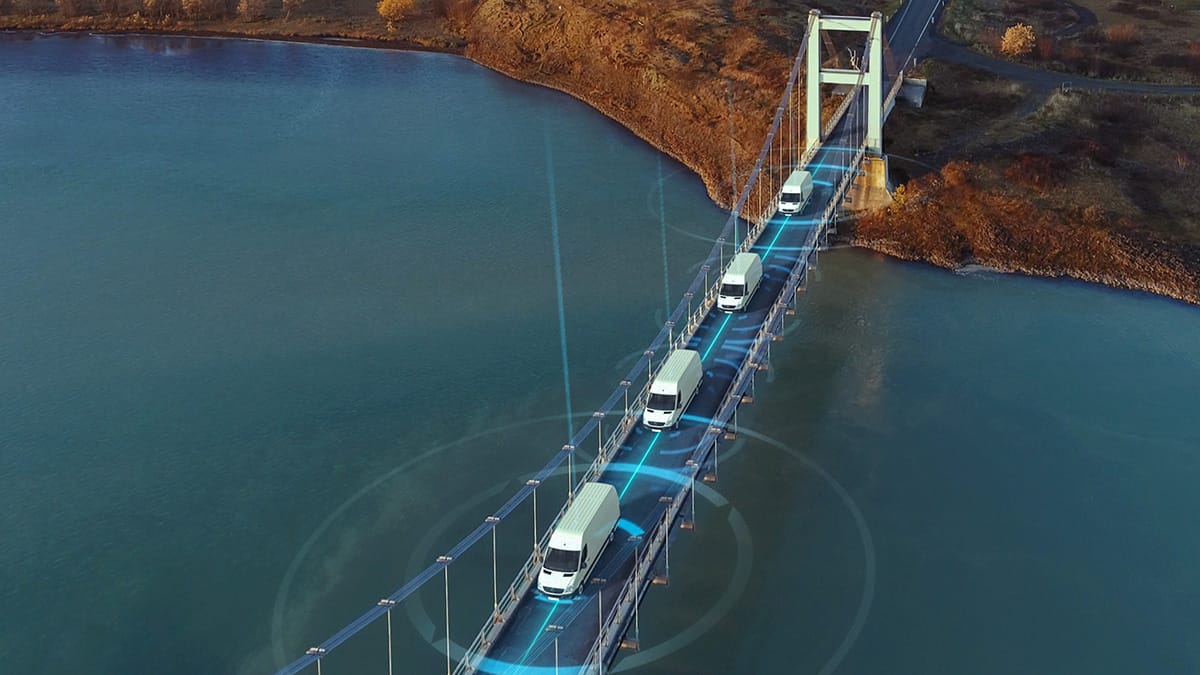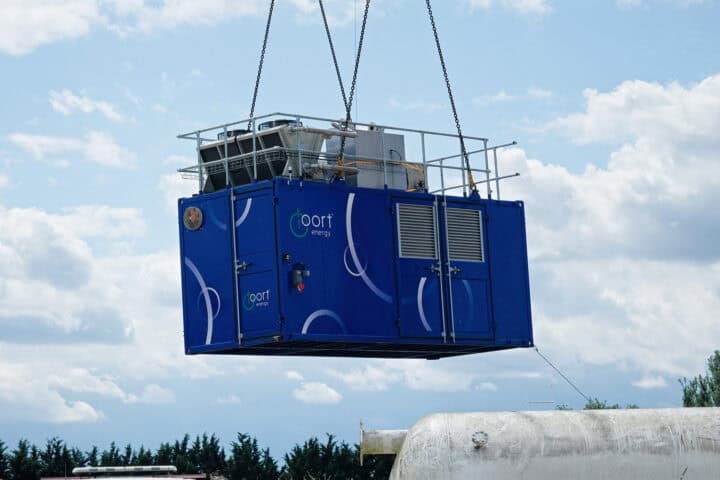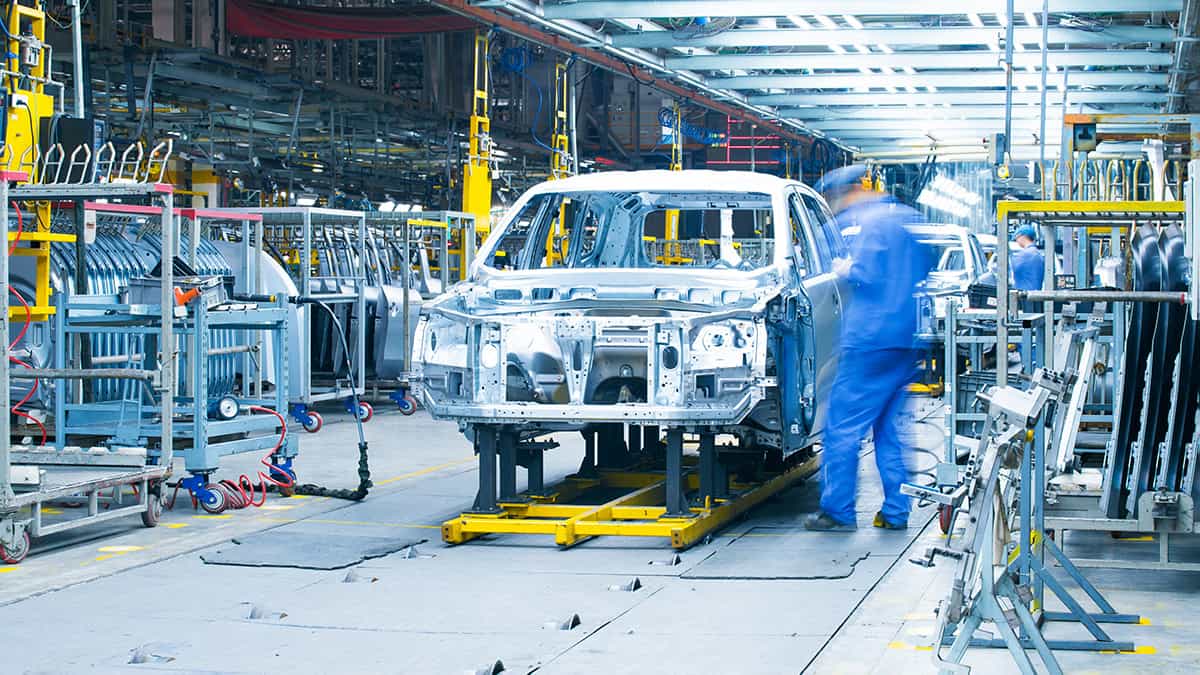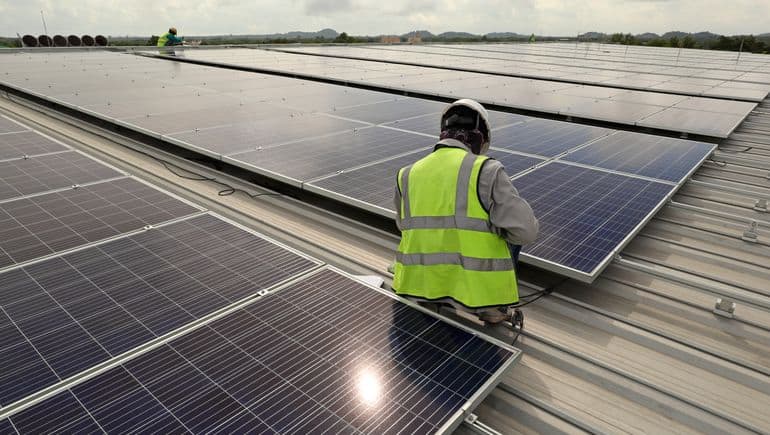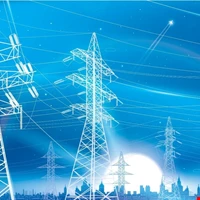Introducing the groundbreaking innovation of wireless EV charging roadway technology, revolutionizing the landscape of urban transportation infrastructure. Recently unveiled in a transportation innovation district in Detroit, the wireless charging roadway offers a seamless solution for electric vehicles (EVs) to charge on the move or while parked, eliminating the need for traditional plug-in charging. Spearheaded by the Michigan Department of Transportation and developed by Electreon, this visionary project underscores the collaborative efforts of industry leaders towards sustainable mobility. Embedded with rubber-coated copper coils, the energy road facilitates electronic charging as EVs equipped with Electreon receivers traverse its surface. Amidst a burgeoning demand for EV charging infrastructure, major automotive players including Ford, BMW, General Motors, and others are stepping up their initiatives to deploy high-powered charging stations across North America. Furthermore, strategic partnerships between Ford Pro and Xcel Energy signal a concerted effort towards enhancing EV charging accessibility for commercial fleets. Against the backdrop of the Biden administration’s ambitious plans for nationwide EV charger deployment, the advent of roadway charging technology promises to alleviate range anxiety and accelerate EV adoption on a global scale. Stay updated as we delve deeper into the transformative potential of IoT-enabled smart city initiatives.
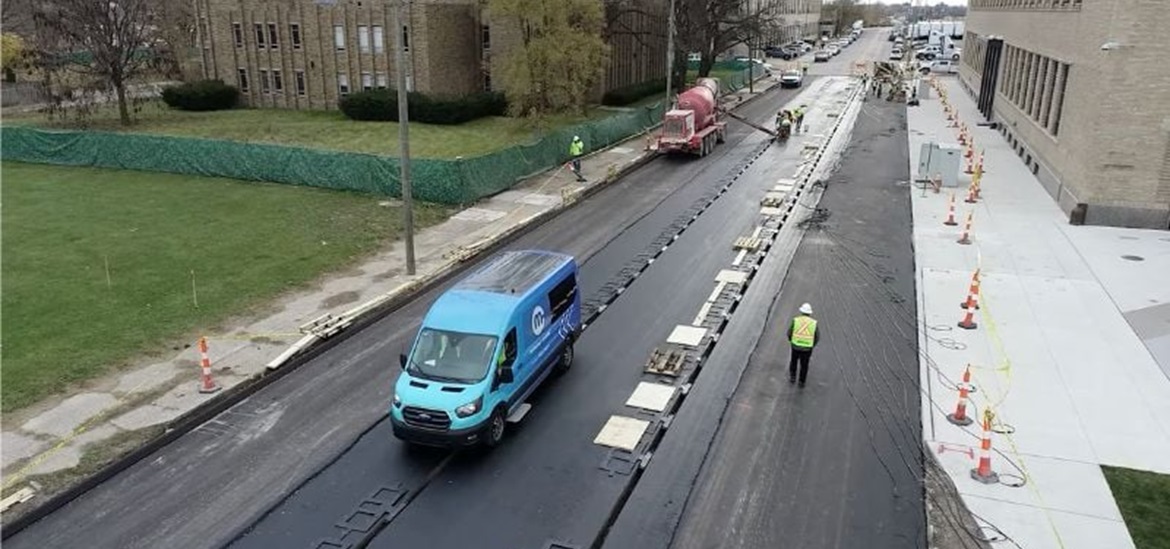
Michigan’s Wireless EV Charging Roadway: Electrifying Innovation in Detroit’s Transportation District
The Michigan Department of Transportation awarded Electreon a $1.9 million contract in early 2022 to create the quarter-mile energy road, which was built by that company. One of the technologies created at Michigan Central, the $1 billion innovation hub and a division of Ford Motor Company, is the roadway.
Crews installed rubber-coated copper coils beneath the energy road, which is situated on the Michigan Central campus in the Corktown neighborhood of Detroit. The batteries charge electronically when EVs equipped with Electreon receivers pass over the embedded copper coils of the road. Last week, a Ford E-Transit commercial van outfitted with an Electreon receiver was used to demonstrate the mobile charging technology to Michigan Central and Electric.
Accelerating EV Charging Infrastructure: Collaborative Efforts by Automakers, Utilities, and Government
Making sure charging infrastructure is both visible and available has been a top priority for automakers and governments as EVs become more and more popular. In order to install at least 30,000 high-powered electronic vehicle chargers along main highways and in urban areas in North America, BMW, General Motors, Honda, Hyundai, Kia, Stellantis, and Mercedes-Benz announced in July that they would work together in a joint venture. Next summer, the second charging stations will open in the United States.
Ford Pro, the automaker’s professional division, and utility provider Xcel Energy announced yesterday that they would work together to build 30,000 EV charging stations for commercial fleets by 2030. Next year, they will begin foremost in Wisconsin and Colorado.
Additionally, the Biden administration wants to construct 500,000 EV chargers across the nation.
Michigan’s Roadway Charging Technology: Catalyst for EV Adoption and Range Confidence
According to Bradley Wieferich, director of the Michigan Department of Transportation, “roadway charging technology may be the catalyst to accelerate interest and acceptance of EVs for all consumers.”
Range anxiety, or the worry that an EV battery will run out of power before it reaches a charging station, may even be reduced by such technology. A current Recurrent survey, however, discovered that after really buying an EV, a person’s range anxiety significantly decreases.
Related roads are being built by Electreon in France, Sweden, Germany, Norway, and Italy. Within the next few years, the public is anticipated to have access to the Michigan wireless charging road. It will be one mile much when finished.

